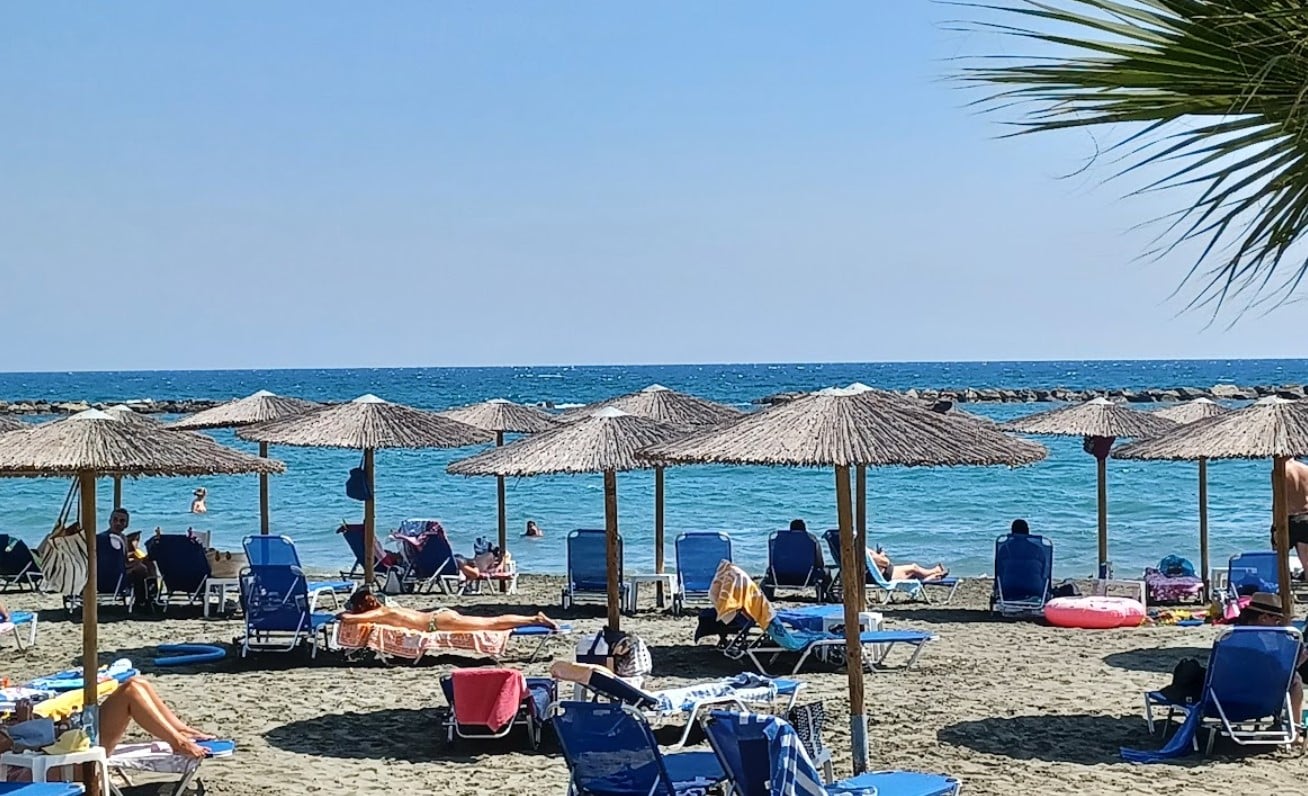On Tuesday the Association of Hotel Managers was the first sector of the tourism industry to express concern over escalating rhetoric, speculation and reports as regards a potential expansion of hostilities between Israel and Lebanon’s Hezbollah.
Last week when Hezbollah leader Hassan Nasrallah threatened to drag Cyprus into the conflict if it deemed the island was aiding the Israel military to attack Lebanon in any way the potential danger to tourism remained mostly under the radar.
Neither the UK nor the US changed their travel advisories, which is a good thing.
However, since that first threat, the number of reports that mention Cyprus in the same breath as the conflict have begun to snowball as tensions mount between Hezbollah and Israel.
An Israeli media outlet listed four military locations that Hezbollah could attack in Cyprus. Then we had Nato Secretary-General Jens Stoltenberg, when asked about it, basically saying Cyprus was not a Nato member though he stressed it was important things did not escalate.
This week, Turkey started stirring the pot. Foreign Minister Hakan Fidan accused Cyprus and the Greek islands of becoming “operational centres used by other states against Gaza” and warned that Hezbollah were only “the forerunners” when it came to threats against Cyprus.
“We are on the eve of the war expanding,” declared the EU’s Josep Borrell on Monday morning.
It’s not surprising then that the hotel managers called on the government to do more. They called the situation “a bolt of lightning hanging in the air”.
“These publications have become fodder for the propaganda of tourism competitors and are detrimental to the economy of Cyprus,” the association said, at a time when tourism was recovering from the pandemic.
It’s difficult to see what the government can say other than what they’ve already said – that Cyprus wants no part in such a conflict.
Even if God himself came down from heaven and told everyone Hezbollah would never target Cyprus, history has shown that major regional events impact arrivals irrespective of how much the tourism sector insists the island is safe.
The statistics are there in black and white, showing the dips in arrivals during major regional events. In 1991 it was the Gulf War, then the invasion of Iraq in 2003 not helped by unfounded UK reports claiming Saddam Hussein had missiles that could reach Cyprus, and then again in 2006 during Israel’s last major clash with Hezbollah, in which Cyprus was not even implicated.
We can say it until we are blue in the face that Cyprus is safe but in the end it’s about perceptions. Airlines and tour operators may be persuaded to keep Cyprus on their schedules, but holidaymakers are always more likely to exercise caution and take a “just in case” approach based on media reports. And unfortunately, right now there are far more negative perceptions in the media than positive ones. It’s difficult to see how the tourism authorities can mitigate that.







Click here to change your cookie preferences